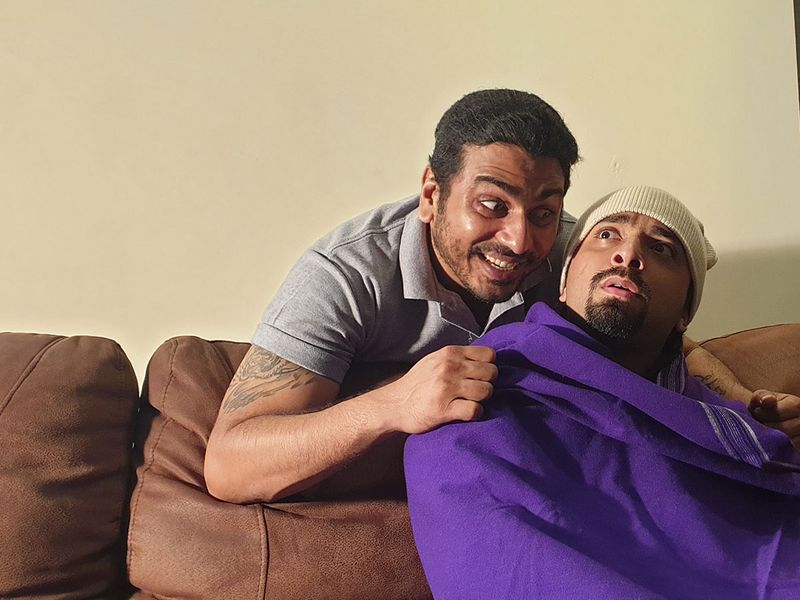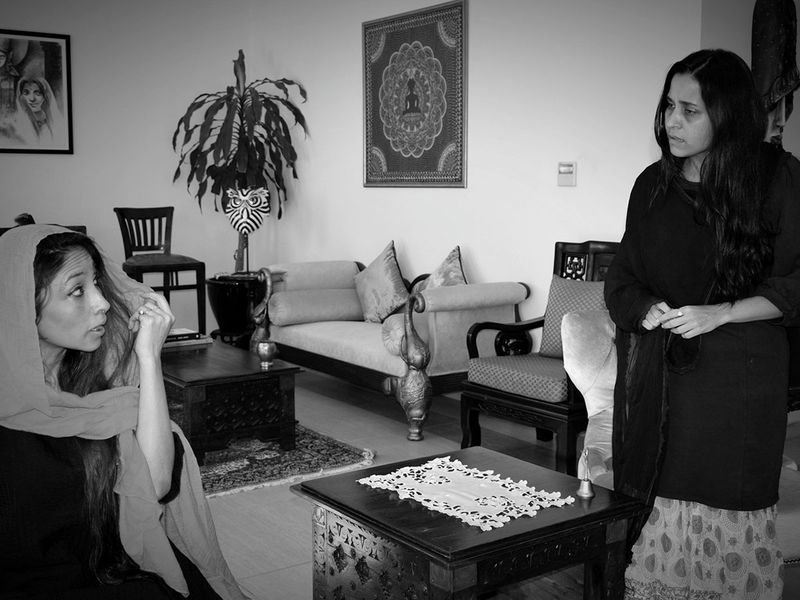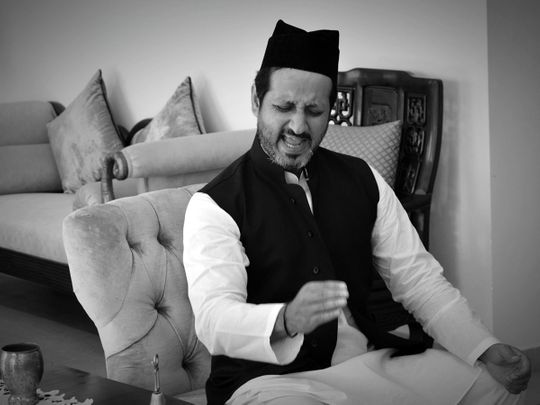There are certain eccentricities that tie most of society together; the news of someone who is sick, for instance, nearly always comes with a self-tested remedy.
These kinks make for humourous observations as much as they do lessons of psyche.
ALSO SEE
And it is in this realm that the late Pakistani writer Saadat Hasan Manto excelled. This weekend, from Thursday to Saturday, three of Manto’s short plays in Hindi get a retelling at the Junction: ‘Beemar’ (Sick), ‘Khudkushi’ (Suicide) and ‘Aao Akhbaar Padhein’ (Come, Let’s read the newspaper).

Image Credit: Supplied
The first, ‘Beemar’, follows a healthy young man’s dive into ill health and the (un)helpful therapies that follow from friends and acquaintances. “’Beemar’ was written around 1950 by Manto. People must be giving unsolicited advice to those who fall sick then and that’s why Manto made it a topic of his play. It is interesting to note that the practice continues in today’s day and age too,” says Rashmi Kotriwala, director of this iteration of ‘Beemar’. “The only difference is that the advice now comes in the form of WhatsApp messages or from well-meaning friends who insist on trying a certain method that they claim has worked for them. The situation turns even funnier when the advice falls on an unsuspecting simple individual who decides to actually follow through.”
She draws parallels between what’s written and what’s playing out in real life. “The medical fraternity is yet to develop a vaccine or medicine for coronavirus but WhatsApp groups had already found a cure for it in hot water gargles and Indian herbs and spices almost as soon as the news of coronavirus began to surface.”

Image Credit: Supplied
‘Khudkushi’ (Suicide) is a satirical play about a young woman who is mourning the untimely death of her love when she comes across the ghost of someone who has gone through a similar situation. The play is a reminder of the persistent struggles of women, disparity of classes, continuance of caste issues in society and the growing concern over mental health, explains Shalini Handa the director. She says the production taught her that problems in life that seem unsurmountable in certain stages of life are usually not as big as we make them out to be.
And in the same vein, the third play of the set, ‘Aao Akhbar Padhein’ explores people’s propensity for a knee-jerk reaction that makes a situation seem worse than it is and the consequences of following through on these thoughts. Set in the run-up-to the Second-World War, the storyline still rings true. “Manto’s story of 1940’s is still so apt in today’s world, where nations are still trying to increase their military powers in the name of self-protection and peace. But, is it really necessary to increase your destruction power in the name of self-defence?” asks director Prashant Pee Dee.
The plays that come together in a time of strife, when even gathering together is an act of courage and defiance, have not been easy to put up. All three directors recalls tough online cast rehearsals, drop-outs, rejigging of roles and infection fears.
But, explains Kotriwala, there’s not much of a choice. “We all love theatre so much that we are fighting all odds to put the production up.”
That’s the other quirk that brings community together – a tickling of the funnybone. And with this line-up and audiences braving the same menace, that camaraderie is almost a given.
Don’t miss it!
Tickets to see ‘Ek Shaam Manto ke Naam’ at the Junction from Thursday to Saturday at 7.30pm are Dh80 per person or Dh130 for a couple.
.

